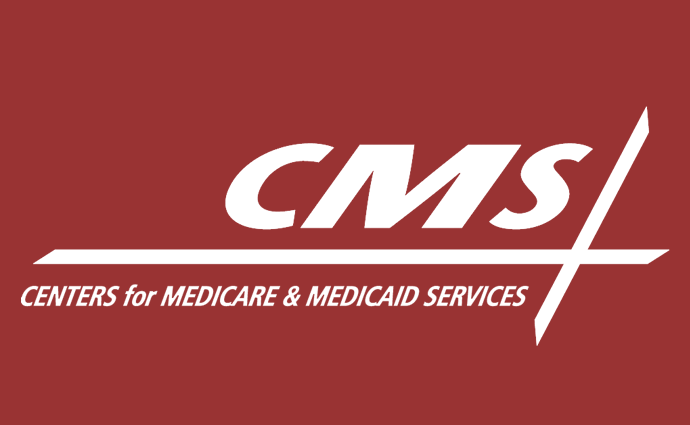CMS Pushes Back Launch of Radiation Oncology Model
The agency has decided to delay the launch of the Radiation Oncology Model to July 1, 2021, after receiving stakeholder feedback.

Source: Centers for Medicare & Medicaid Services
- CMS recently announced via email that it intends to delay the start of the Radiation Oncology Model after receiving feedback from stakeholders.
“CMS has received feedback from a number of stakeholders about the challenges of preparing to implement the Radiation Oncology (RO) Model by January 1, 2021,” the agency stated in an email sent to providers on October 21. “Based on this feedback, CMS intends to delay the RO Model start date to July 1, 2021. We are pursuing rulemaking to make this change.”
The announcement is a win for radiation oncologists, who have been calling on CMS to push back the launch date for the model because of the COVID-19 pandemic.
"ASTRO appreciates today’s announcement by CMS Administrator Seema Verma that CMS will delay the Radiation Oncology Model launch from January 1, 2021, until July 1, 2021 based on feedback from ASTRO and other radiation oncology stakeholders,” Theodore L. DeWeese, MD, FASTRO, chair of the Board of Directors at the American Society for Radiation Oncology (ASTRO) said in a statement.
“This change is an important recognition of the radiation oncology community’s concerns, and we are pleased and thankful that Administrator Verma listened to the needs of our member radiation oncology practices during these challenging times,” DeWeese continued.
ASTRO has also expressed concerns about the RO Model in general, including the model’s mandatory nature.
The RO Model was meant to be mandatory for radiation therapy providers and suppliers in randomly selected core-based statistical areas starting January 1, 2021. A list of participating areas on the CMS Innovation Center website includes over 9,000 ZIP codes.
The areas contain approximately 30 percent of all eligible Medicare fee-for-service radiotherapy episodes nationally, which is a reduction from the 40 percent stakeholders criticized in the proposed rule for the RO Model.
In comments to CMS on the final RO Model rule, ASTRO called mandatory participation “untenable” for practices that are already challenged by staff shortages. The group also argued that participation in the value-based reimbursement model would require significant practice changes and investments, which could not realistically be implemented in time for the January 1 start date.
Other healthcare industry groups also criticized the model, which aims to test whether prospective bundled payments will reduce Medicare spending on 16 cancer types while maintaining or improving quality of care for cancer patients.
The Medicare Payment Advisory Commission (MedPAC), for example, questioned the accuracy of bundled payment prices under the model. The Commission said the use of hospital outpatient department payment rates to determine site-neutral base bundled payments for model participants would work against CMS’ goal of saving Medicare money on cancer care.
Groups including the American Hospital Association (AHA) also urged CMS to reconsider the financial risk levels of the model, citing misaligned risk and rewards.
In a letter sent early last week, the AHA reiterated its concerns about the RO Model and asked CMS Deputy Administrator and Director Brad Smith to postpone the model’s start date until at least January 1, 2022.
A tweet published on that Wednesday by CMS Administrator Seema Verma stated that the new value-based reimbursement model is still “an important part of our strategy to strengthen Medicare & improve cancer care for patients across our country.”
“The @CMSGov team & I have listened to the feedback from @ASTRO_org & the radiation oncology community regarding the start date of the new Radiation Oncology (#radonc) Model, & understand that more time is needed to prepare,” the head of CMS added.
